Iran: No decision made yet on deleting nuclear site data
Iran’s Foreign Ministry says Tehran has not decided yet whether to erase footage recorded by cameras at the country’s nuclear sites.
Ministry spokesman Saeed Khatibzadeh's announcement on Monday came a day after Iran's parliament speaker said Tehran would not hand over the data to the International Atomic Energy Agency (IAEA) following the expiration of a monitoring agreement.
“So far no negative or positive decision has been made about the cameras and the previous agreement with the agency," Khatibzadeh said at a press conference in Tehran.
Earlier this year, Tehran began to take decisive steps away from its nuclear obligations under the Joint Comprehensive Plan of Action (JCPOA), commonly known as the Iran nuclear deal, after the parliament passed into law a strategic action plan intended to counter US sanctions, which were put in place after Washington exited the JCPOA.
Under the law, Iran halted its voluntary implementation of the Additional Protocol that allowed the IAEA to carry out short-notice inspections of its nuclear sites, denying the agency's inspectors access to Iran’s nuclear facilities beyond the Safeguards Agreement.
The move prompted IAEA Director General Rafael Grossi to personally visit Tehran in late February and reach a technical understanding with Tehran under which Iran agreed to exercise more patience over the promised removal of the US sanctions by keeping the camera recordings from its nuclear sites for three months to see if world powers could convince the US to remove its illegal sanctions.
The agreement expired in May amid diplomatic efforts in Vienna to revive the JCPOA and remove the US sanctions, but the two sides agreed to extend the agreement for another month until June 24.
Khatibzadeh reiterated that Iran has not made a decision on whether to further extend the agreement with the IAEA, noting that the Iranian administration’s duties under the Strategic Action Plan to Counter Sanctions law are completely clear and the administration has moved in that direction.
The December law is “binding, and the agreement with the agency was to address some of the agency’s concerns within the framework of” the law, he said.
On Sunday, Parliament Speaker Mohammad Baqer Qalibaf asserted that “no recorded data will ever be given to the agency and the data will remain in the possession of the Islamic Republic.”
Qalibaf also confirmed that the Strategic Action Plan to Counter Sanctions is currently being implemented in full.
Iran’s permanent representative to Vienna-based international organizations said on Friday that the IAEA cannot expect Iran’s extension of the agreement “as something it was entitled to.”
“What Iran is committed to fulfilling are the obligations under Safeguards Agreement, neither more nor less,” Kazem Gharibabadi stressed.
He made the remarks after the IAEA demanded an immediate reply from Iran on whether it would extend the monitoring agreement, to which Gharibabadi responded that Tehran was under no obligation to provide an answer.
‘Iran fulfilled own part on salvaging JCPOA’
During his weekly presser, Khatibzadeh pointed to the failure of the other parties to the JCPOA, in particular the US, to make the necessary decisions on saving the deal during the ongoing Vienna talks, whose seventh round is expected to begin soon.
He said if the JCPOA is still alive, it is because of Iran.
“Today, if there is a JCPOA to hold talks on its implementation, it is because of the decision that Iran made after the US withdrawal and the inaction of the other parties,” he said. “Iran and the Iranian people have fulfilled their share of maintaining the JCPOA.”
He also said the US should know that it is present in the talks merely as a perpetrator. “The US has made every effort to destroy the JCPOA. We have witnessed the hypocritical and bullying behavior of the United States,” the spokesman added.
According to Khatibzadeh, Iran has already made its decision on the JCPOA and informed the other parties of it, and is waiting for the other sides, including the US, to make their decisions with regard to the 2015 accord.
Iran’s top negotiator to the Vienna talks, Abbas Araqchi, made similar remarks on Sunday.
"The Islamic Republic of Iran has already made its tough decision. When the United States quit the JCPOA and Iran decided to stay in it, this was Iran’s big and tough decision, which has to date kept the deal alive.”
‘US pathologically addicted to sanctions’
Khatibzadeh also commented on the US seizure of the domains of a number of Iranian websites, including Press TV and Al Alam news networks, saying the move depicted Washington’s frustration at independent voices from countries such as Iran.
It showed “their double standards and demonstrated their false assertions regarding freedom of expression,” he said.
“Everyone knows that the United States has become strangely and deeply addicted to sanctions, and this is nothing new,” the spokesman said, adding the US cannot help itself in this regard.
Khatibzadeh said Iran’s Foreign Ministry is tasked with having sanctions removed in all areas, including those imposed on the media, and is serious in pursuing the case.
Last week, a message appeared on the websites of a series of Iranian and regional television networks that said their domains had been “seized by the United States Government,” citing US sanctions laws for the seizure.
Following the Tuesday seizure, Press TV announced that its website will be available through its .ir domain.
In a statement on Thursday night, Press TV’s editorial board said the reason behind the move is that the US has lost its narrative-based dominance in the world, as a result of which it is now desperately resorting to attempts to silence dissenting voices.
Israeli strikes kill 88 Palestinians in northern Gaza
American voters plainly rejected complicity in Gaza genocide: Iran FM spox
ICC should issue more arrest warrants for Israeli authorities over Gaza genocide: UN expert
Israel using AI weapons co-produced by India in Gaza genocide: Report
Israel issues new evacuation orders, shortly launches strikes on southern Lebanon
VIDEO | Press TV's news headlines
From Iraq to Gaza: The great disconnect between British people and rulers
Syria condemns Israel's killing of 36 in 'horrific' strike on Palmyra


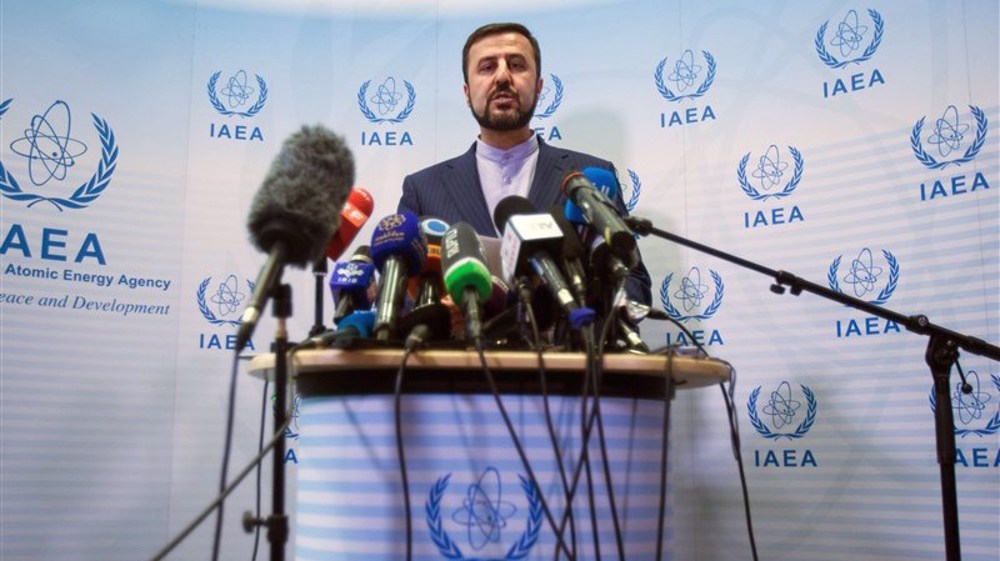
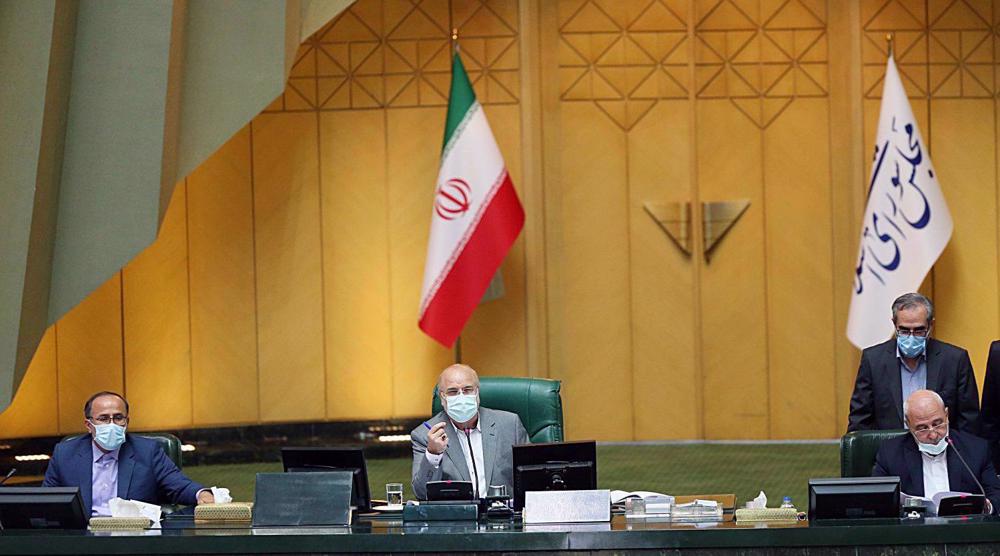
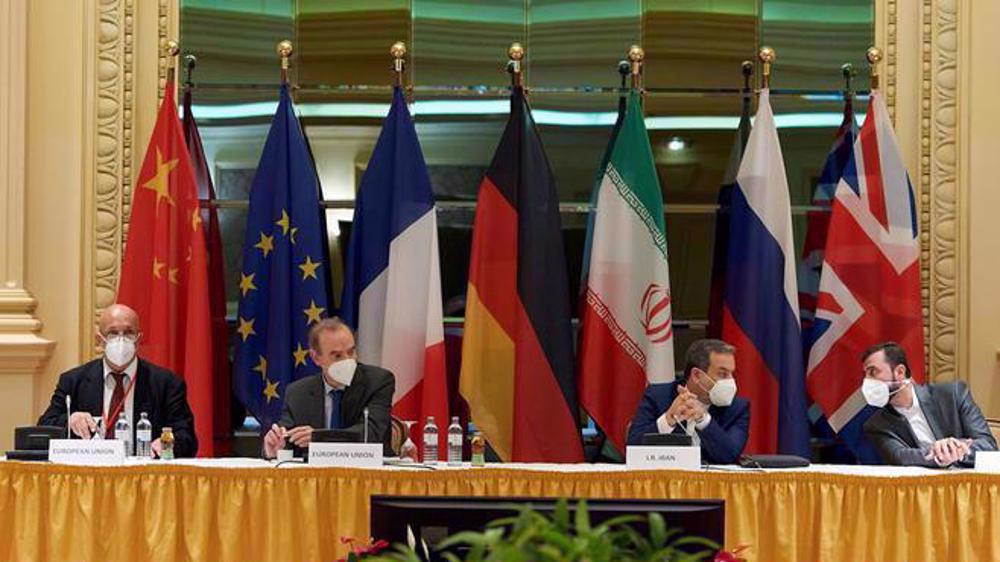
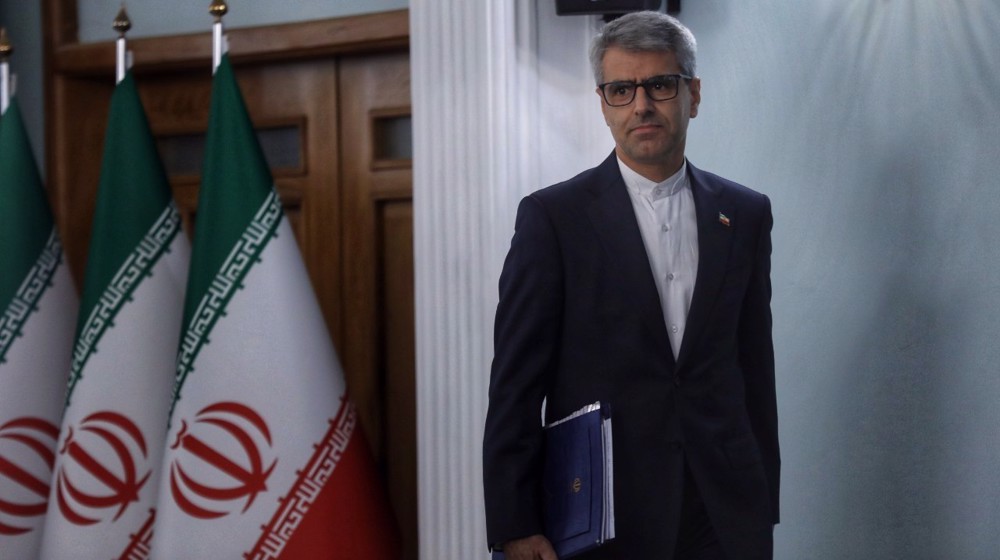
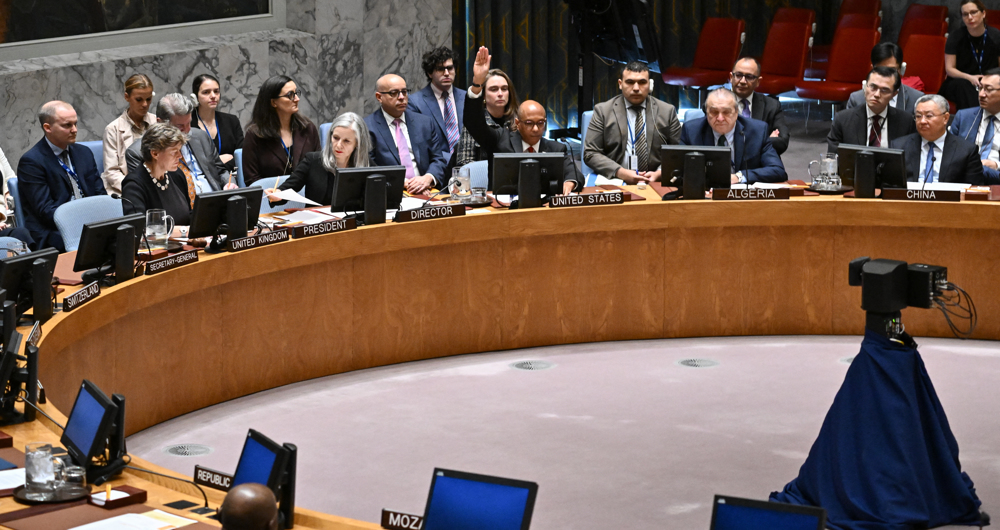
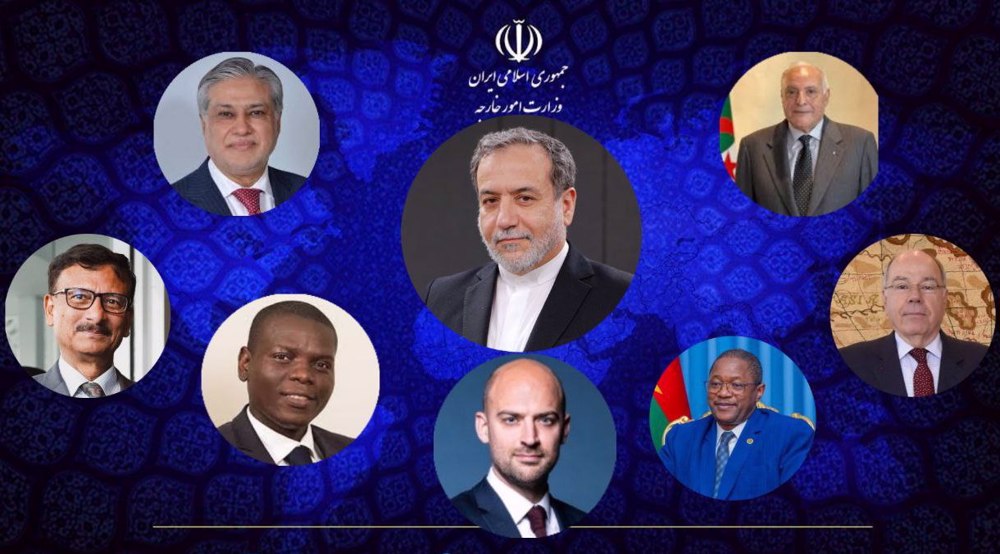



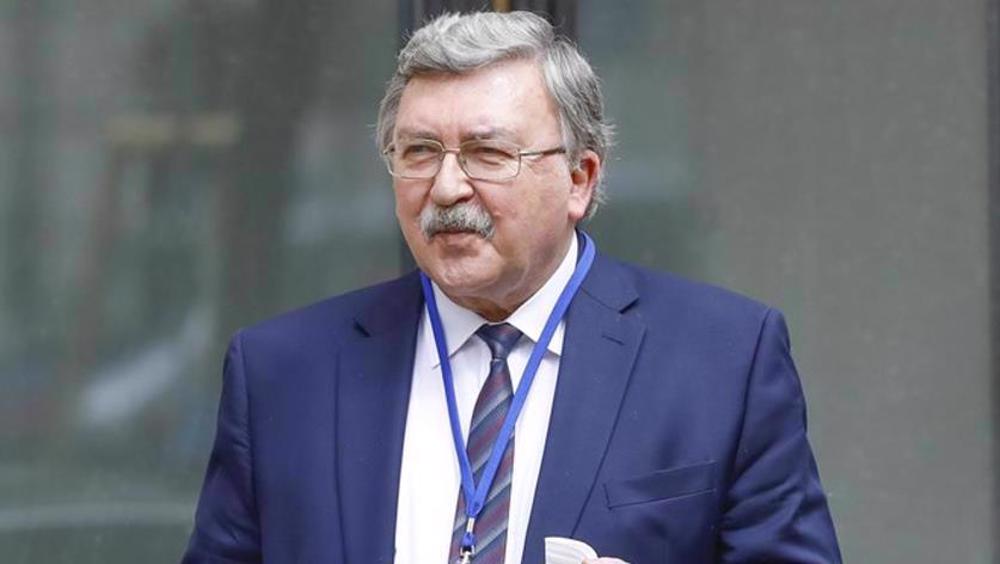
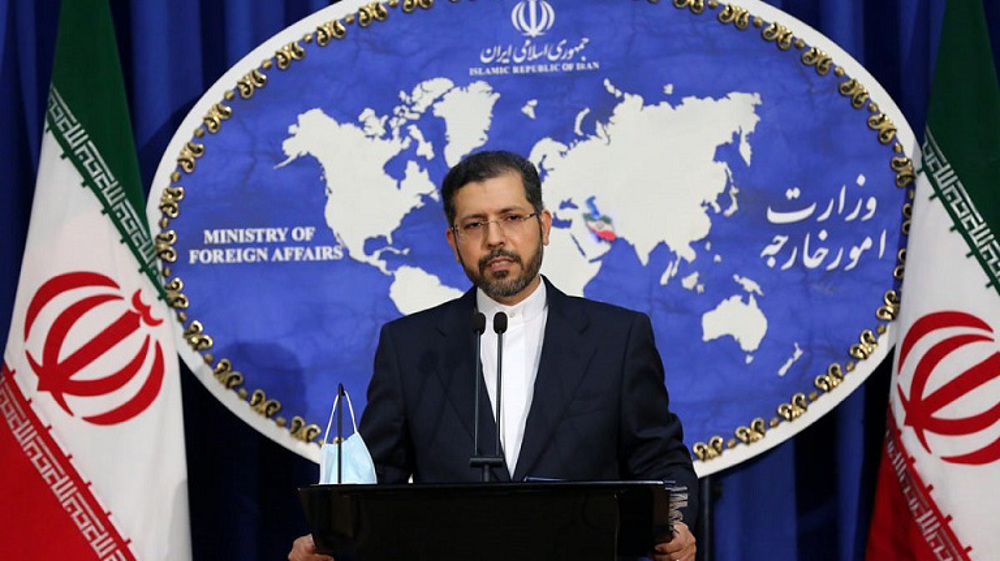
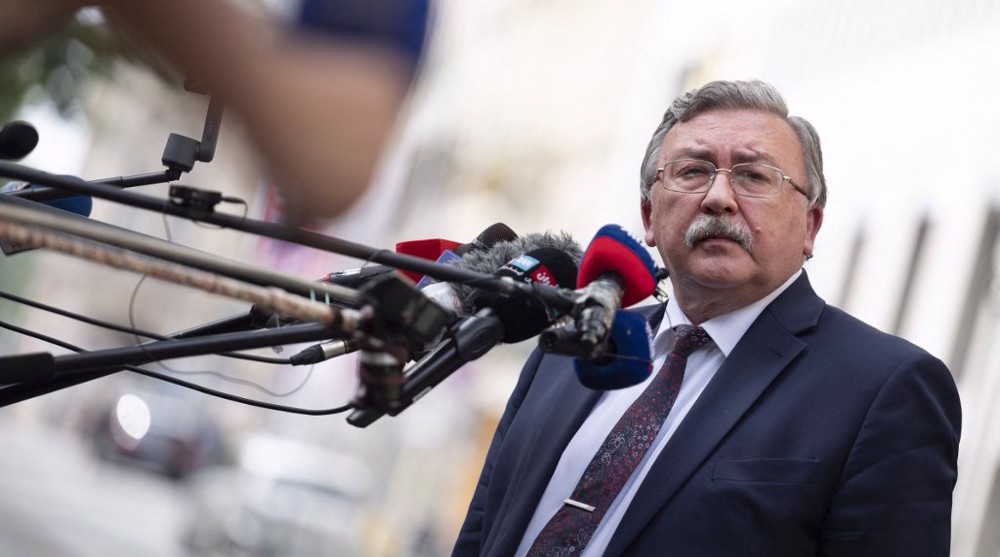
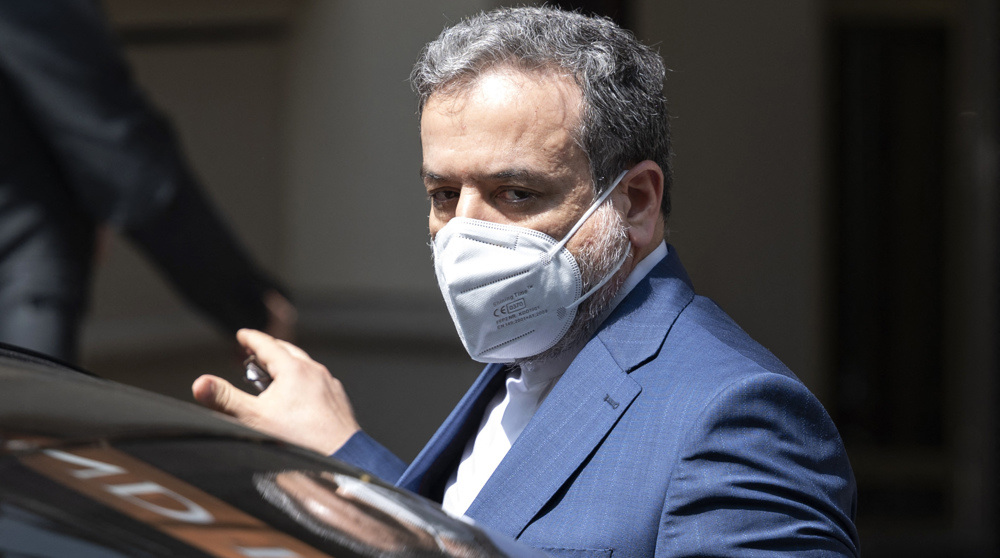
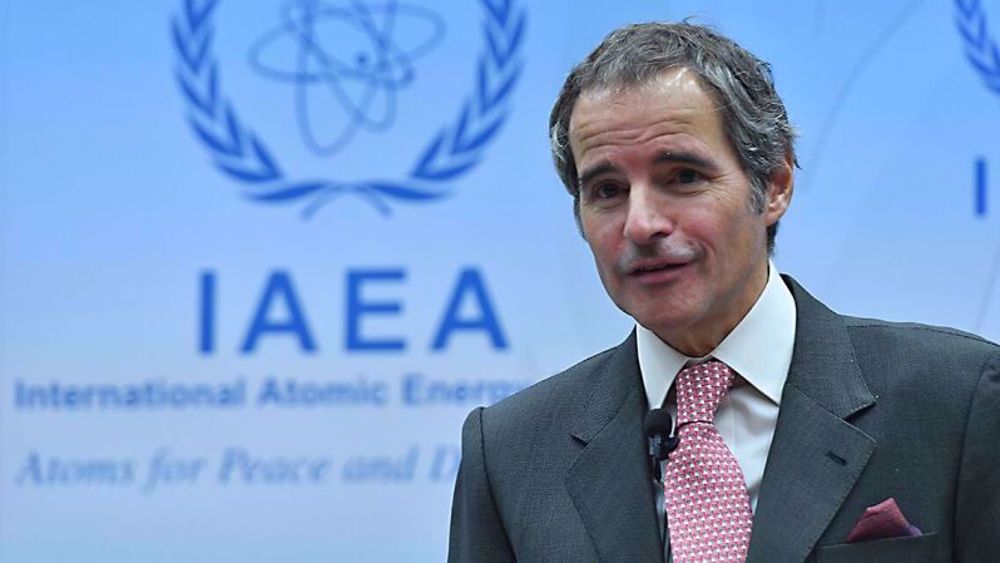
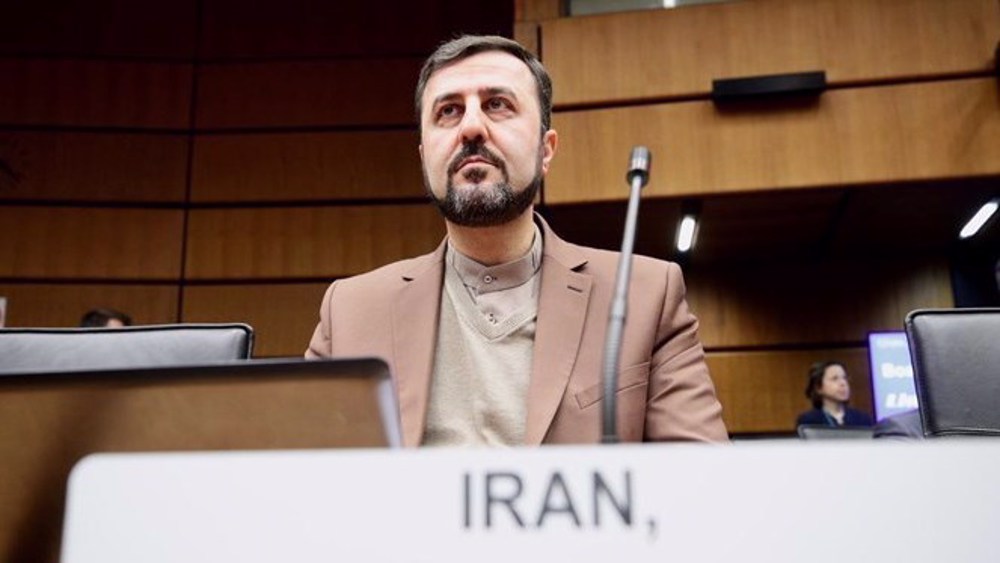

 This makes it easy to access the Press TV website
This makes it easy to access the Press TV website